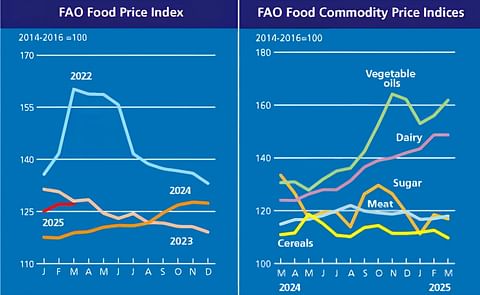“This is probably the most significant victory of my career. For a pro-genetically modified government to refuse a commercial application on safety grounds is quite ground breaking,” said the African Centre for Biosafety’s director Mariam Mayet.
The centre spearheaded a campaign against the ARC’s application for commercial release of its SpuntaG2 potato, which has been engineered to kill the tuber moth, a common pest that damages crops in the field and in storage.
The potato contains a gene from a common soil bacteria called Bacillus thurengensis, which interferes with the moths’ digestive system, and effectively gives the crop a built-in pesticide.
Potatoes SA, fast food outlet McDonald’s, and food retailers Pick n Pay and Fruit and Veg City have also expressed objections to the ARC’s application, saying they were concerned about consumer choice.
McDonald’s, which obtained its potatoes from McCain’s, would not use genetically modified potatoes in any of its products, said its spokesman, Maredi Mogodi.
The executive council on genetically modified organisms rejected the ARC’s application for a permit for commercial release of the SpuntaG2 on health, environmental and economic grounds.
According to minutes of the meeting during which the decision was made, published on the Department of Agriculture, Forests and Fisheries’ website, the council was particularly concerned about the potential effect of the potatoes on the formal trade, as SA did not have segregation facilities.
It also said commercial farmers were unlikely to see a reduction in input costs, as the tuber moth was not a major factor and they would still need to spray their crop against other pests.
The council also raised concerns about the ARC’s toxicity tests on animals, and the lack of data on the alteration of the potato’s allergen content by the insertion of the Bacillus thurengensis gene .
ARC researcher Gurling Bothma said the decision was “disappointing”. The ARC had lodged an appeal last month, and expected a decision by the end of the year .












